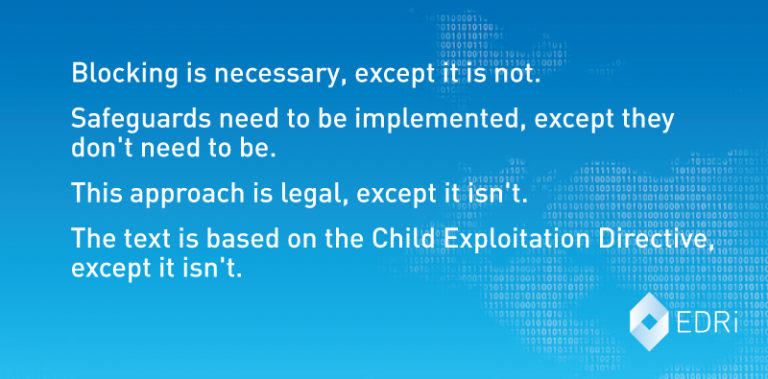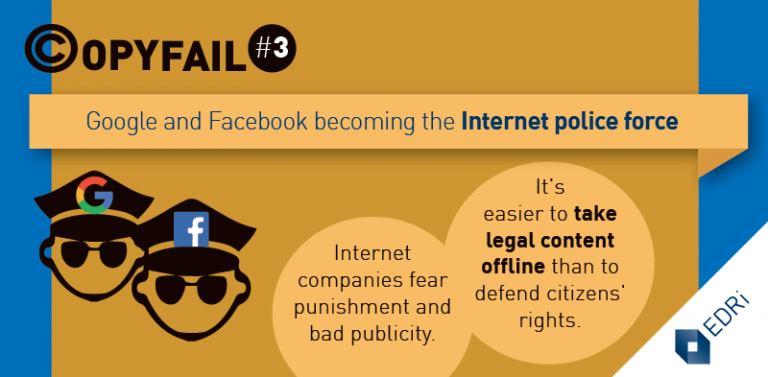Data retention (collection of data about everybody’s phone calls, text messages, e-mails, internet connections and mobile positions) may only be used to combat serious crimes – and only if there are no other options (such as using surveillance only against people who are actually suspected of criminal activities).
This is the essence of the European Court of Justices Advocate Generals recommendation in some ongoing cases about data retention.
From the press release (PDF):
The Advocate General is of the opinion that a general obligation to retain data may be compatible with EU law. The action by Member States against the possibility of imposing such an obligation is, however, subject to satisfying strict requirements. It is for the national courts to determine, in the light of all the relevant characteristics of the national regimes, whether those requirements are satisfied.
First, the general obligation to retain data and the accompanying guarantees must be laid down by legislative or regulatory measures possessing the characteristics of accessibility, foreseeability and adequate protection against arbitrary interference.
Secondly, the obligation must respect the essence of the right to respect for private life and the right to the protection of personal data laid down by the Charter.
Thirdly, the Advocate General notes that EU law requires that any interference with the fundamental rights should be in the pursuit of an objective in the general interest. He considers that solely the fight against serious crime is an objective in the general interest that is capable of justifying a general obligation to retain data, whereas combating ordinary offences and the smooth conduct of proceedings other than criminal proceedings are not.
Fourthly, the general obligation to retain data must be strictly necessary to the fight against serious crime, which means that no other measure or combination of measures could be as effective while at the same time interfering to a lesser extent with fundamental rights.
Furthermore, the Advocate General points out that that obligation must respect the conditions set out in the judgment in Digital Rights Ireland (5) as regards access to the data, the period of retention and the protection and security of the data, in order to limit the interference with the fundamental rights to what is strictly necessary.
Finally, the general obligation to retain data must be proportionate, within a democratic society, to the objective of the fight against serious crime, which means that the serious risks engendered by that obligation within a democratic society must not be disproportionate to the advantages it offers in the fight against serious crime.
Here it is important to remember that the ECJ revoked the EU Data Retention Directive – the document all member states data retention is built upon – in the spring of 2014. This because it violates fundamental human rights, such as the right to privacy. So it is hardly possible to stick to any direct adaptations of the fallen directive.
One thing that seems to be clear is that data retention cannot be used to investigate minor crimes (e.g. illegal file sharing). And it cannot be used for non-criminal proceedings (e.g. by local councils and tax authorities). The infringement of privacy is massive with data retention. It must be in proportion to the seriousness of the suspected crime.
Point four (“which means that no other measure or combination of measures could be as effective while at the same time interfering to a lesser extent with fundamental rights”) is also interesting. Of course, there are other measures – like only using surveillance against people suspected of criminal activities, instead of the entire population.
Later this fall the ECJ will give its final verdict. But it usually follows the Advocate Generals recommendations.
Links:
• ECJ press release (PDF) »
• The Advocate Generals recommendation, full text »
• EDRi – European Court confirms: Strict safeguards essential for data retention »
• Falkvinge – European Supreme Court says “Maybe” to mass surveillance of innocents »

